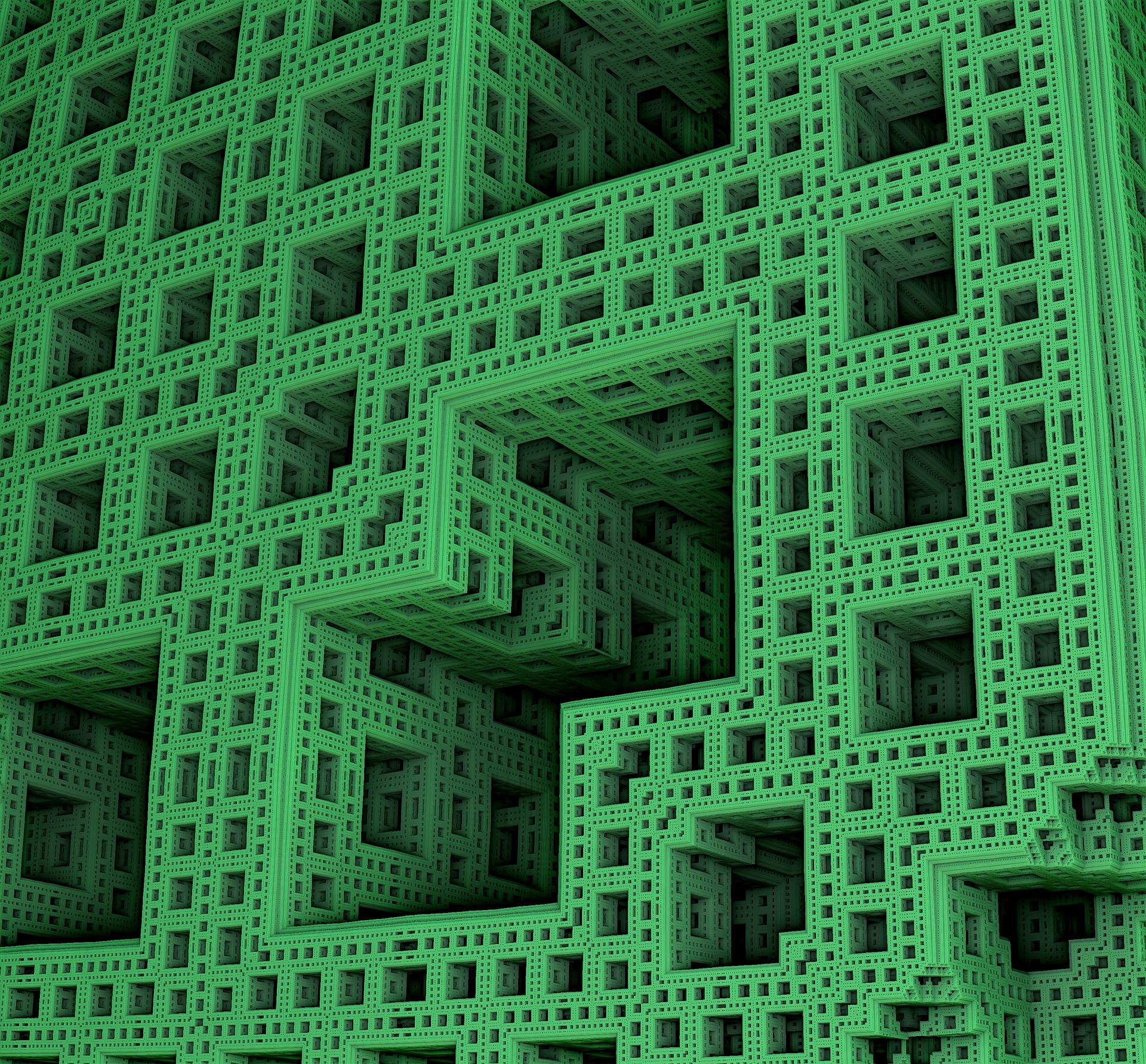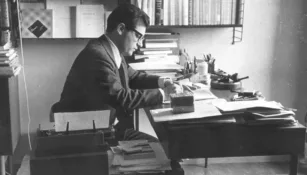
N. XXXIV, March 2022
edited by Igor Pelgreffi, Ubaldo Fadini, Massimiliano Badino
The thirty-fourth issue of Lo Sguardo is devoted to genealogical, theoretical, and ethical investigations of the concept of algorithm. The issue aims at contributing to a better philosophical understanding of the origins, the deployment, and the theoretical aspects of this notion, which pervasively permeates our individual and communitarian life through a massive algorithmization of the material as well as the intellectual production. Knowledge itself, even when self-consciously critical, must deal more and more often with forms of implicit algorithmization.
We invite scholars to contribute to one of the four sections of the issue.
- Genealogy of the algorithmic concept. This section is concerned with the emergence and development of the concept of algorithm from its origins, through the Scientific Revolution of the 16th century, and beyond. Essays in this section should aim at providing a comprehensive account of the century-long process that leads to the “mathematization of the world”, that is the increasing cleavage between the technical and the natural world, calculable and incalculable, which lies at the roots of modern science and modern capitalism. This line of development includes the birth of the calculating machines, Leibniz’s calculus rationator, and his epistemologically and metaphysically ambitious program of characteristica universalis. While it is true, on the one hand, that this route would lead to 20th-century cybernetics and the deep dualism between formal calculus and nature, much is still to be said about the theoretical implications of the emergence of algorithms as objects of scientific and philosophical research.
- Theory and epistemology of algorithm. In mathematics and information science, an algorithm is defined as a finite sequence of elementary and deterministic steps or instructions that yield the solution of a specific problem or the performance of a certain operation. Essays in this section will deal with the theoretical aspects of the concepts of procedure, repetition, logical sequence of instructions from the larger perspective of their “meaning”. In particular, this section aims at clarifying the process through which algorithms cease to be autonomous entities and are integrated into biological and social systems. Being automatic programs, algorithms are linked to the concepts of automatism and/or automaton: it is therefore important to understand the connections and the differences between these conceptual spheres. Finally, it is important to unfold the features of an algorithm as a structuring relation, which excludes and includes: what are the theoretical limits of the algorithm?
- Algorithms: Ethics. The concept of algorithm is particularly worth-investigating as far as its ethical applications are concerned. This section will explore the meaning of the numerous integrations between algorithms, their agential dimension, and its implications. The ethical question of the algorithm-based recommender systems and the role of choice in automatic procedures will be analyzed at various levels, with special attention paid to the robo-ethics, the Algor-Ethics (Benanti), and the jus cybernetics. More generally, the debate on the limits of algorithmic procedures necessarily reaches out the ethical dimension of what cannot be “algorithmicized” and possible extra-anthropocentric perspectives on the human-machine relation.
- The Algorithm and the Body. This section of the special issue is concerned with historical and conceptual developments of borderline questions. The bodily character of algorithms is a mere appearance, if one follows irreducibility claims about the body/algorithm or organism/machine relation that can be found in Canguilhem’s epistemology (Machine et organisme, 1946-47), Merleau-Ponty’s phenomenology (Structure de comportement, 1942) and in the critical works of the Frankfurt School, for instance Friedrich Pollock’s Automation (1956). Another question of interest is the social and political bearing of the algorithms, for instance: the problem of learning and incorporation of algorithms; the problem of the “automatic society” (Stiegler) and its consequences for employment; the questions of profiling, unaware subjecting, big data, social control and, consequently, the algorithms as a reproduction of power structures.
ACCEPTED LANGUAGES: ENGLISH, ITALIAN, FRENCH, GERMAN, SPANISH
DEADLINE FOR THE SUBMISSION OF THE PROPOSALS: May, 30th, 2021 June, 15th, 2021 (Extended)
Procedure: Please send an abstract of up to 4,000 characters, including the title of the proposed contribution and an outline of its argument, to callforpapers@losguardo.net by the specified deadline. Proposals will be evaluated by the editors of the Journal and a panel of readers, and the results of the selection will be announced to the authors by June 15th, 2021 June 30th, 2021. Accepted papers will then have to be submitted to the editors by a new deadline, which will be announced to the authors with the results of the selection, and will undergo a double-blind review.
Igor Pelgreffi, Ubaldo Fadini, Massimiliano Badino
redazione@losguardo.net | callforpapers@losguardo.net

